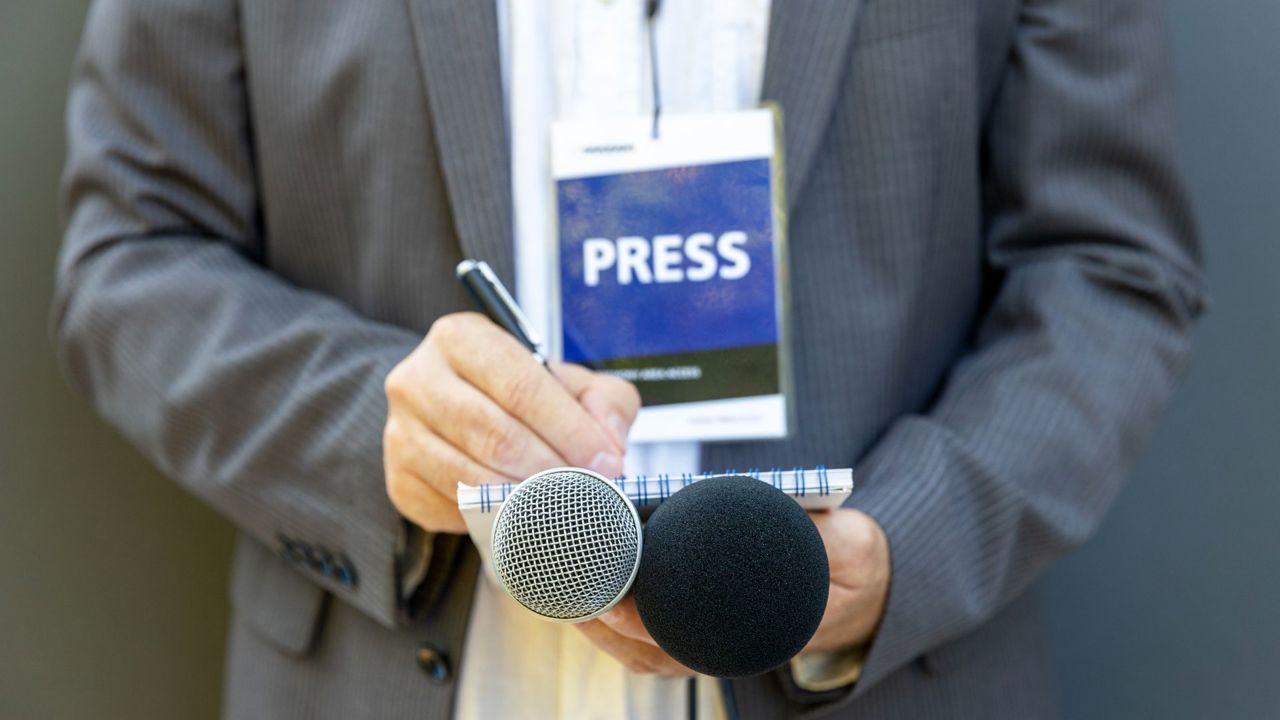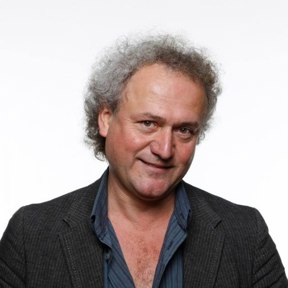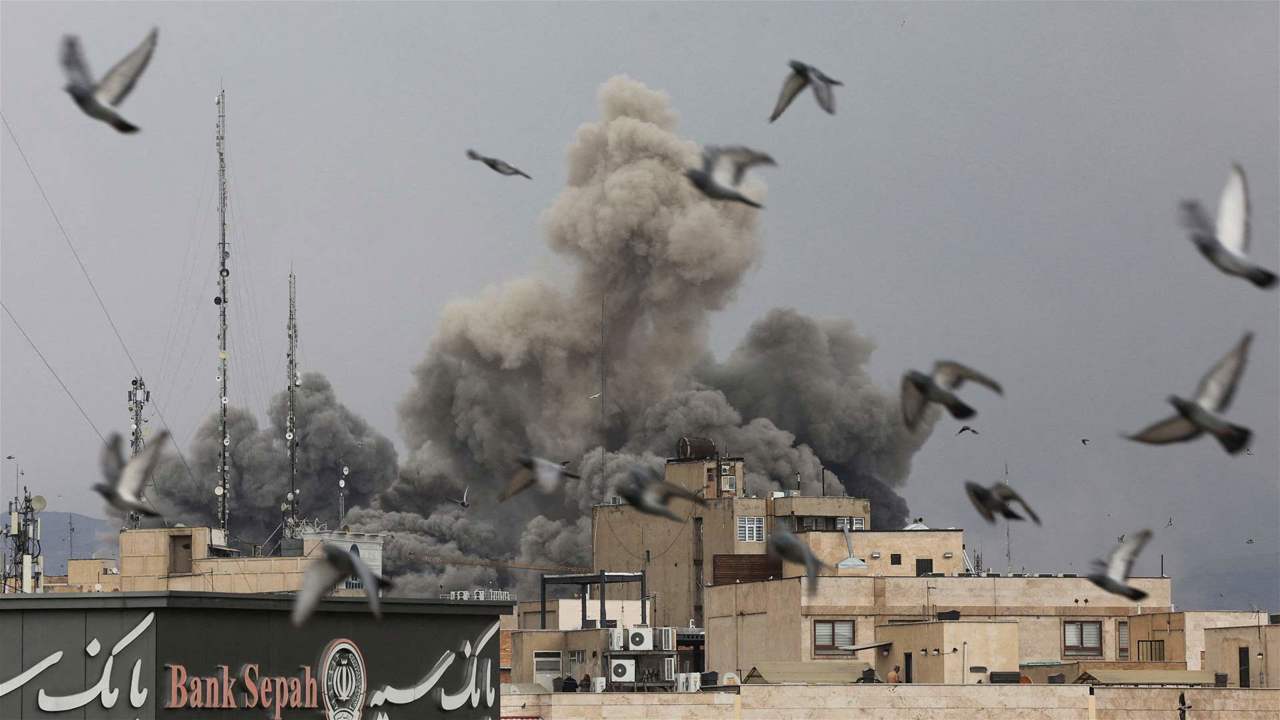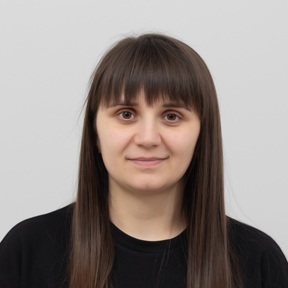Press review // Russia's failure to undermine the country's elections
The difficulties faced by the pro-European forces in the Republic of Moldova following the results of the constitutional referendum; Russia's failure to undermine the elections in the country, as well as the strategy of the Republic of Moldova to fight the Russian hybrid war through the vote. These are the main press headlines.

The presidential elections and the constitutional referendum on the accession of the Republic of Moldova to the European Union, held on October 20, were affected by unprecedented interference from abroad, manifested by buying votes. This is the conclusion of observers from the International Republican Institute, who are on an observation mission in the country, Radio Chisinau writes. Observers do not exclude the possibility that external interference will continue in the second round of the elections. Analyzing the conduct of the election, IRI observers pointed out that the data from the State Register of Voters were not synchronized with the Government's database, and the electoral campaigns of the candidates were largely "digitalized". However, they noted that the Republic of Moldova has a competent electoral system, highlighting the activity of the Central Electoral Commission and the interest shown by society, with citizens appearing in significant numbers to vote.
In an interview for Ziarul Național, political analyst Nicolae Negru says that although the result of the referendum was positive, it remains disappointing. Negru points out that turnout figures have been misinterpreted, believing that turnout similar to that of the 2020 presidential run-off reflects the mobilization of the pro-European electorate. In reality, he claims that the pro-Russian electorate was mobilized, which had a significant impact not only in the northern districts, but also in the southern ones, including Leova and Cahul. The situation is aggravated in Gagauzia and Taraclia. Negru adds that propaganda, disinformation and demonization of the European Union have proven their effectiveness. In his opinion, pro-European leaders from the government and the opposition should meet to discuss a common strategy to defend and implement the Pact for Europe.
The result of the constitutional referendum on European integration further complicates the mission of the pro-European forces in the Republic of Moldova to justify the correctness and legitimacy of the October 20 plebiscite, according to international relations expert Angela Gramada. In a show on TV8, Gramada pointed out that the current situation allows pro-Russian parties to strengthen their positions and use the results of the referendum to the detriment of pro-European forces. The expert warns that if the ruling PAS party does not develop a new strategy and communicate transparently with voters, it could face difficulties in achieving favorable results in the upcoming parliamentary elections.
Deschide.md proposes the opinion of the spokesman of the White House, who claims that Russia failed to undermine the elections in the Republic of Moldova, despite the efforts made in this regard. Spokesman for the National Security Council, John Kirby, emphasized that the election results demonstrate that Moldova's democracy remains strong, despite Russia's attempts to undermine it. He also welcomed the favorable vote from the referendum on the accession of the Republic of Moldova to the European Union, considering it an important step in the country's European integration process. Kirby reiterated that Russia failed to undermine the presidential elections, thus underscored the resilience of Moldovan democratic institutions.
In an interview for Moldova 1, the European Union security expert, Laurentiu Pleșca, emphasized that the Russian Federation's interference in the Republic of Moldova is unprecedented and that the country has demonstrated remarkable resilience in the face of this hybrid war. He explained that while Ukraine is fighting on thefront, Moldova is defending its democracy through voting, an aspect appreciated by West. Pleșca mentioned that the Republic of Moldova has become "a laboratory for Russian services", and the lessons drawn from these elections can serve as valuable examples for other states facing similar challenges. He also emphasized the importance of strengthening democratic institutions and transparency in the electoral process, to counteract the effects of external influences.






